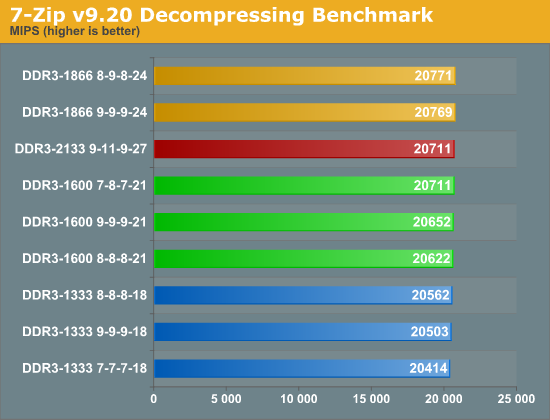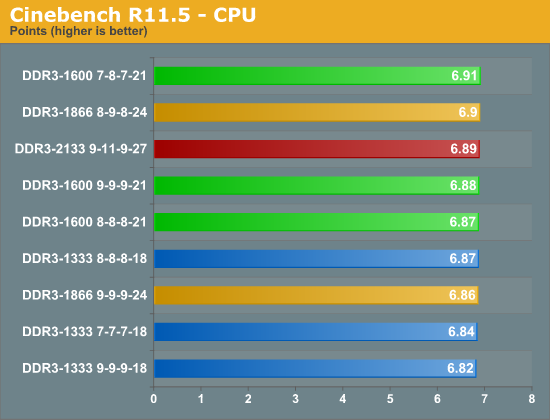I won't be doing much gaming or video rendering or encoding. It will basically be my PC for regular home use, as well as my media player for all my movies. I want support for SD, HD as well as 3D, and from what I've read, both the i3 and i5 will handle that.
I'm aware that while an i3 would probably be plenty, I figured while I'm at it and building from scratch, spending a little more on an i5 won't hurt anything. I like the fact it is a true 4-core processor, and Windows 8 (which I might upgrade to at some point) makes more effective use of multiple core processors, so this may be of benefit down the road.
So my thought is while it may be a little overkill for now, at least I'm setting myself up well for the future and should have no need to upgrade in a few years for something more powerful.
Does processing of HD or 3D video make any difference between i3 and i5? Or are they both equally good? If I wanted an Ivy Bridge i3 I'd just have to wait a bit for them to be released. As I understand it, Sandy Bridge can only support 1333MHZ RAM, while Ivy Bridge can support 1600MHZ, is that right? Part of the other reason I was thinking Ivy Bridge i5 over Sandy Bridge i3.



